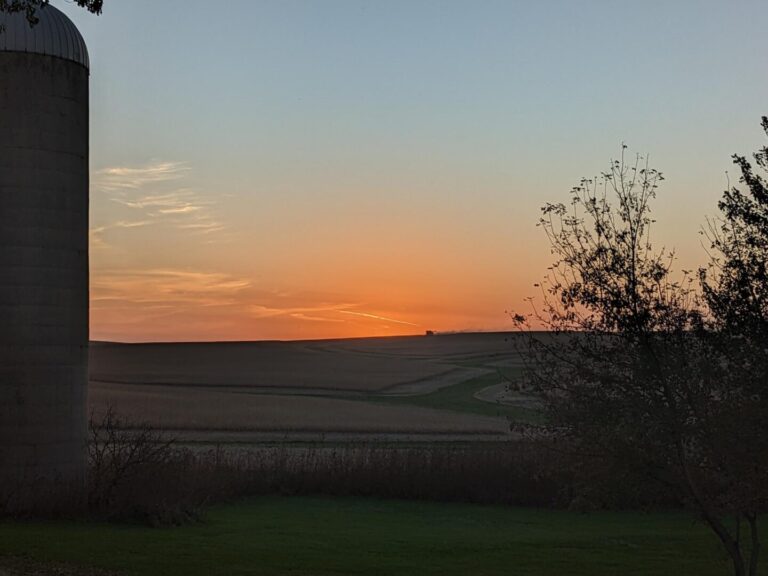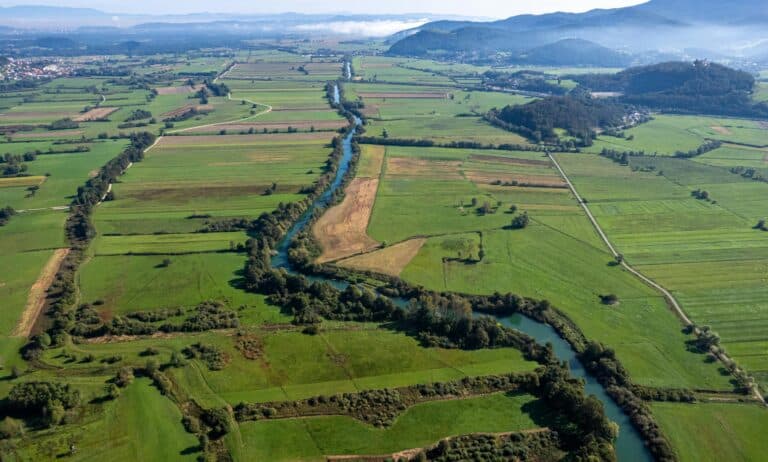
This article is featured in the Fall 2020 issue of LAND magazine. Click here to find out more.
It’s been a rough few months for the economy, and we could all use a little good news. For America’s millions of home and property owners, here is some: While retirement accounts and the stock market may have cratered, property values are hanging tough.
The National Association of REALTORS® (NAR) reported in May that the median existing-home price for all housing types was up eight percent. And with a proper recovery and the right policies, there is a great chance that home values will remain fairly stable even as home sales temporarily fall while Americans shelter-in-place.
The pandemic also hasn’t stopped business activity outright like in many other sectors. A recent NAR survey of members found that one-quarter of REALTORS® had at least one client go under contract during the second week of April without physically seeing the property. Deals are proceeding with the growing use of new technology like remote notarization. Even those pausing their real estate transactions still plan to buy and sell once again within a few months.
Property ownership is turning into a financial pillar for many Americans during this crisis, and in a surprising show of alacrity and bipartisanship, Congress went to great strides to help protect that investment. For those who can no longer pay their mortgage, new mortgage forbearance rules allowed them to put off payments for up to a year without impacting their credit. Other new benefits like forgivable small business loans and unemployment assistance not normally available to the self-employed or independent contractors are helping them weather the storm. Congress deserves credit for responding in a bipartisan and lightning-fast way even if the rollout of those programs was less than perfect.
If real estate is still viable, land real estate may be in an even better position to take advantage of changing social trends and shifting demographics. Increased time inside close quarters during the coronavirus pandemic is causing some urbanites to consider moving toward the suburbs and even further, a recent survey shows. A survey from the Harris poll showed that nearly 40 percent of U.S. adults living in urban areas indicated they would consider moving “out of populated areas and toward rural areas,” compared to 29 percent of overall respondents. Anecdotal evidence from agents in Seattle and along the West Coast indicates that smaller cities in the region like Boise, Idaho, are becoming increasingly attractive. This demographic movement could encompass the development of new communities that cater to telecommuters and to new resort developments.
. . . it has never been clearer that property ownership is still one of the best and safest investments an American family can make.
Russell Riggs
Developers will be searching for land that will enable them to build properties that enhance “community” but also cater to a buyer’s desire to spread out. Virtual tours of neighborhoods, homes, and land are among the new tools that are helping to facilitate the interest.
Of course, the pandemic may also create unknown economic dynamics that could negatively impact land and real estate markets in the future. Fears of COVID-19 could exacerbate the trend towards online commerce and away from greenfield brick and mortar developments. This could reduce the demand for large, new commercial developments.
There could also be severe long-term impacts on the agricultural sector. As we see growing levels of concern, recommendations for social distancing, reduced travel, avoiding crowds, and other protective practices to slow the spread of COVID-19, consumers will be making tough choices about food, eating away from home, and overall spending. This will likely have an impact on markets and prices. Concerns about the impact of the virus on the broader economy may have an even larger impact on dairy prices. Many countries of the European Union were already hovering just above a recession prior to the viral outbreak and this event is likely to push them over the edge.
As supply chains and logistics are disrupted, the agricultural sector will continue to be impacted. We have already seen livestock euthanized and crops plowed under because of the inability to get these commodities to market. All of these trends could disrupt the farm economy for the long-term.
Despite the possible adverse impacts on land real estate markets, it has never been clearer that property ownership is still one of the best and safest investments an American family can make. Economic downturns and public health crises—no matter how severe— will never change this fundamental fact. But what has become even more apparent is that, during this crisis, home has become more important than ever.



